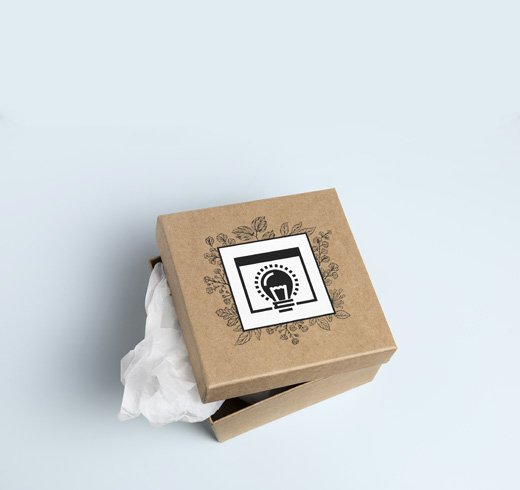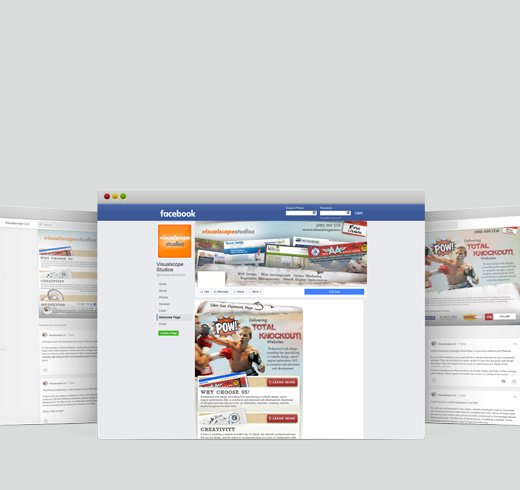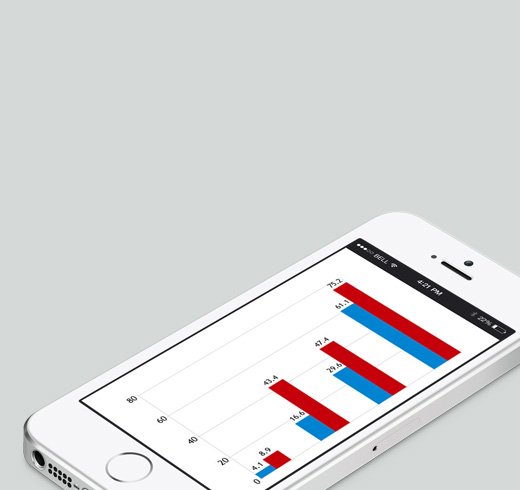
-
Update 8/12/07
Google has removed the 'Supplemental Results' label from all site:www.yourdomain.com and regular web searches. The official reason is the disparity between the regular and supplemental crawls are narrowing and that your supplemental crawls are deeper and fresher. On the other hand, it makes it harder for webmasters and SEO professionals to analyze their sites, much in the same way the link: command only returns a fraction of results.There are now two levels that make up the Google sandbox, much to your dismay. The first thing you need to focus on is getting your pages indexed by Google. That's the easy part. Once this has occurred you can then start worrying about getting your pages ranked. What does this mean you are wondering? Well, basically, Google decided that indexing every single webpage was no way to do business. Think of all the new pages that are being added on a daily basis. You soon start to realize that Google, or any other search engine like Yahoo and MSN does not have the resources to keep up. So now Google is being very choosy about when and where it decides to send it's crawlers to visit and cache. The type of sites Google is looking for? Those that are trusted and offer long term potential.
Basically, the Google supplemental index is where all the web pages that have no TrustRank, add no value and/or have a high duplication content count go. This means that websites that probably aren’t going to rank for any important keywords will likely be on the Google supplemental index. Nobody wants to have their website in the supplemental index, not now and not ever. So, if you are there here are some tips to help you get out.
Tip #1 Unique Titles
First things first, you need to make sure that all of your pages have unique titles. This is an easy way to focus on SEO as well as getting out of supplementals. Not to mention it is easier, there are higher clickthroughs, more accessible, you name it. Unique titles are an easy way to start working your way out of supplemental.Tip #2 Unique Meta Descriptions
Each page should have a unique meta description. Some believe Google doesn't use Meta tags anymore but it seems they have changed their stance at least a little bit with regards to description tags. So, take the time to give each page a unique description tag.Tip #3 Unique Content
The more unique content you can have on a page the better. The minimum should be 100 words of unique and original content on every page. Don’t get trapped in a site with no unique content because you probably won’t make it out of supplemental if you do. I repeat, a page with duplicated content will never be able to get out of supplementals, simply because the original is out there, and your page is 'supplemental' to the original.Tip #4 Trusted Links
You don’t want just any link but rather trusted links. That means links from websites that are already ranking in the search engines and are old enough to give your site some of their trustworthiness by linking to you. Remember that sites with higher PageRank will probably do you good in getting indexed although Google may not use it anymore for rankings. What’s important is that you get trusted links from established and ranked sites.Tip #5 Internal Page Links
Google wants to see links to all the pages of your site not just a site with 20 pages and all the links pointing to the homepage. This is considered “hollow shell syndrome” and it won’t do your site any good. So, focus on getting three to four links to some of your internal pages and when Google recrawls they will pretty much have to index that page and then when they recrawl the site they will likely index all pages and get them out of supplemental hell.These are some basic tips that should help you when it comes to getting indexed by the search engines and staying out of Google’s supplemental index. Remember that the trusted links part is often times the most difficult so you focus on this, take your time, and you will see your site get indexed by Google.
-

View our Case Studies
Explore the diversity of our work and how we made each one a success.
Let's get started -

RESOURCE CENTER
Resources to help you attract new and retain existing users.
Visit Our Resource Center -

















